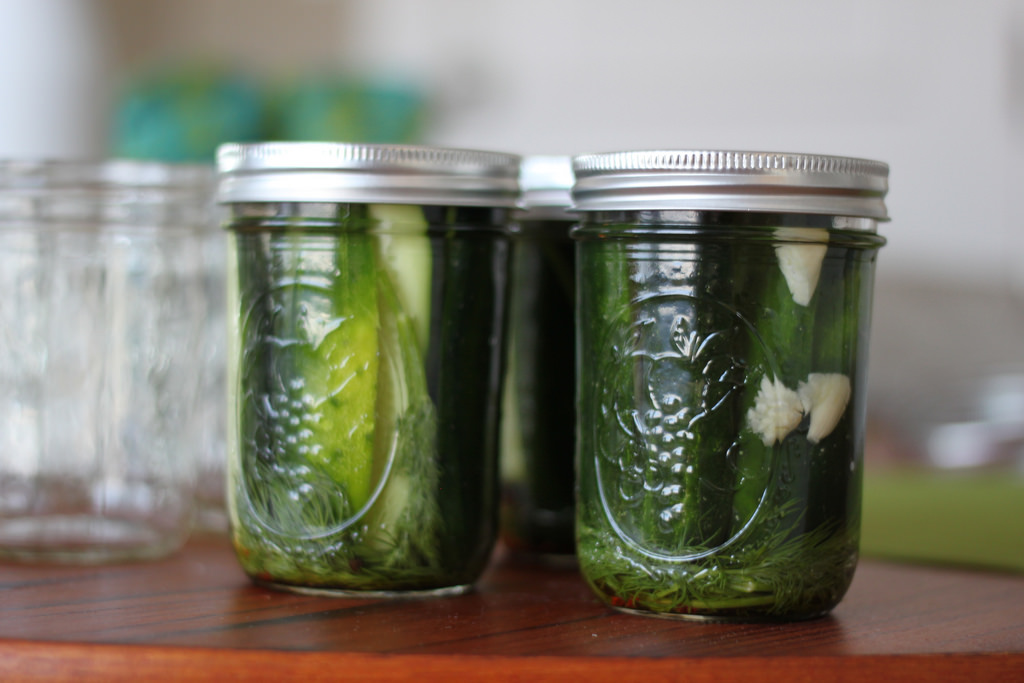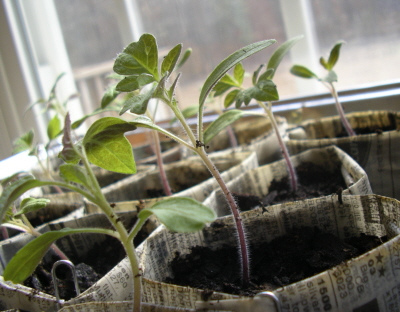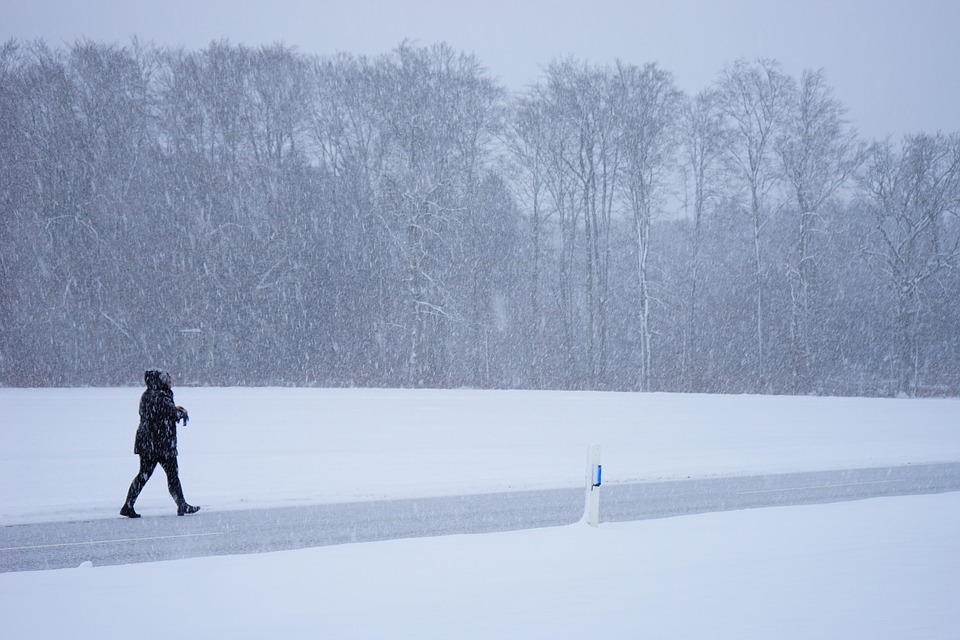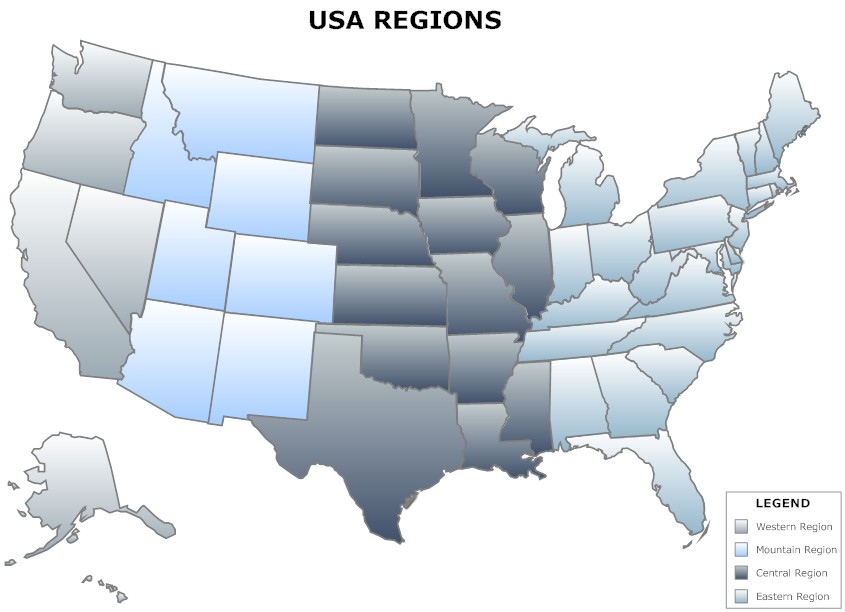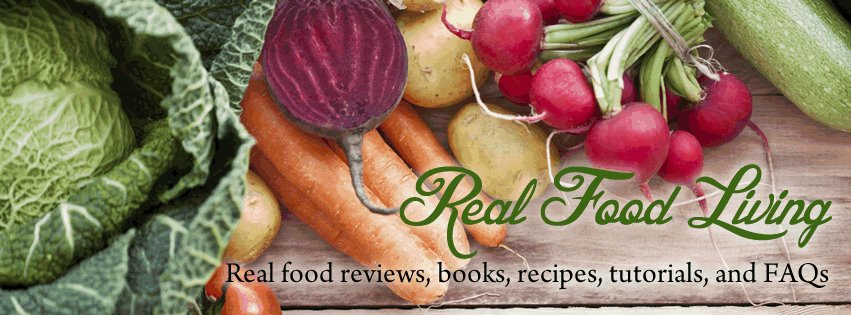At first glance, Canning sounds like one of the scariest ways to preserve food. With freezing, you toss food in freezer bags and store it in your deep freezer. With dehydrating, you stick it in a machine that slowly dries it out. With canning though, you need a canner, canning jars and there’s always the possibility that jars explode. Honestly though, canning isn’t as scary as it sounds. Buy quality glass jars, follow directions to a “T” and you’ll be just fine.

I’d suggest you begin your canning career with simple water-bath canning. Click the image to your left for more about those. Then wait to move to pressure canners after you’ve become more confident with this process.
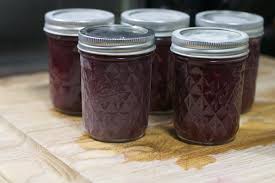
A fun place to start is by making jelly or jam. Pick your favorite fruit, find a jam or jelly recipe and give it a try. You need some half pint glass jars and tongues that will allow you to grab hot jars out of boiling water. Follow the recipes and directions and you’ll do fine. Any jars that don’t seal properly should go in the fridge and be used right away.
[wpgfxm_contentbox width=”75%” bg_color=”#FFC300″ b_color=”#C04806″ style=”double” top=”1px” right=”none” bottom=”1px” left=”none” radius=”0px”] Want More? Get a FREE Digital Subscription to PREPARE Magazine! [/wpgfxm_contentbox]
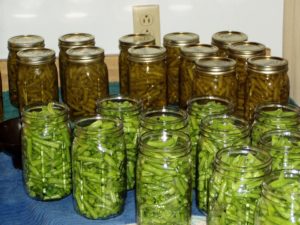 Another great place to start is to with a simple vegetable canning project. Canning green beans is very simple and you can use the beans throughout the year in any dishes you’d use store-bought canned beans. Clean, cut, and blanch your green beans to get them ready for canning. Then follow canning instructions to make sure you cook them long enough and get them to a high enough temperature to kill any bacteria and create a good seal. As with any type of canned good you should store jars that didn’t completely seal in the fridge and use them within the next couple of day.
Another great place to start is to with a simple vegetable canning project. Canning green beans is very simple and you can use the beans throughout the year in any dishes you’d use store-bought canned beans. Clean, cut, and blanch your green beans to get them ready for canning. Then follow canning instructions to make sure you cook them long enough and get them to a high enough temperature to kill any bacteria and create a good seal. As with any type of canned good you should store jars that didn’t completely seal in the fridge and use them within the next couple of day.
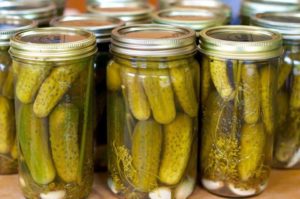
Another great option is pickles. If you have a bunch of cucumbers growing in the garden, or want to try your hand at some sort of other pickled vegetable (like cauliflower, peppers, or okra for example), give canned pickles a try. The vinegar solution already does a great job preserving the food. Canning ads even more time and allows you to store vegetable that would otherwise go back quickly even longer.
Stay away from canning meats or high acid produce like tomatoes in the beginning of your canning career. Those can be a little trickier to can successfully. Get a few batches of canning under your belt, and invest in some good canning gear (including thermometers and proper canning pots) before giving these types of canned goods a try.
Remember, you don’t have to wait until the summer harvest to can foods. You can can from your freezer in the winter! It warms the house and the heart! Plus, canned foods are preserved even when/if the power goes out.
Enjoy your canning journey!
Affiliate Discloser: The author of this blog post is an Amazon Affiliate. Should you click and purchase any item linked here, the author may receive minimal compensation for the recommendation. Regardless of the affiliation with Amazon, the recommendations are tried and true and will never be suggested without first being vetted and verified.
_________________________________________________________________
 Donna Miller is a teacher, author, sought-after speaker and trainer. She has been both a guest and host on internet and broadcast radio talk-shows and in television interviews. She enjoys teaching online and local classes & ladies retreats. Donna is happily married and has three adult children, with one daughter-in-law and one son-in-law. She and her husband (Joseph) are the founders Millers Grain House and YourPreparation Station among other leading entities in the current Preparedness movement.
Donna Miller is a teacher, author, sought-after speaker and trainer. She has been both a guest and host on internet and broadcast radio talk-shows and in television interviews. She enjoys teaching online and local classes & ladies retreats. Donna is happily married and has three adult children, with one daughter-in-law and one son-in-law. She and her husband (Joseph) are the founders Millers Grain House and YourPreparation Station among other leading entities in the current Preparedness movement.
[wpgfxm_contentbox width=”75%” bg_color=”#FFC300″ b_color=”#C04806″ style=”double” top=”1px” right=”none” bottom=”1px” left=”none” radius=”0px”] Want More? Get a FREE Digital Subscription to PREPARE Magazine! [/wpgfxm_contentbox]

